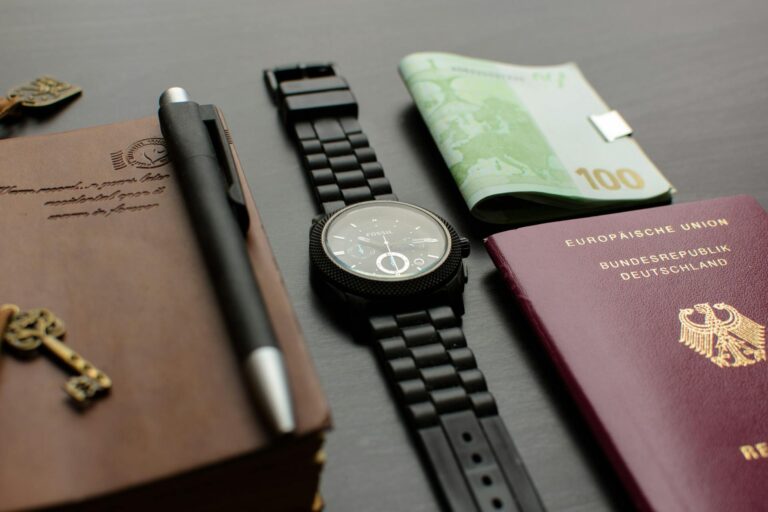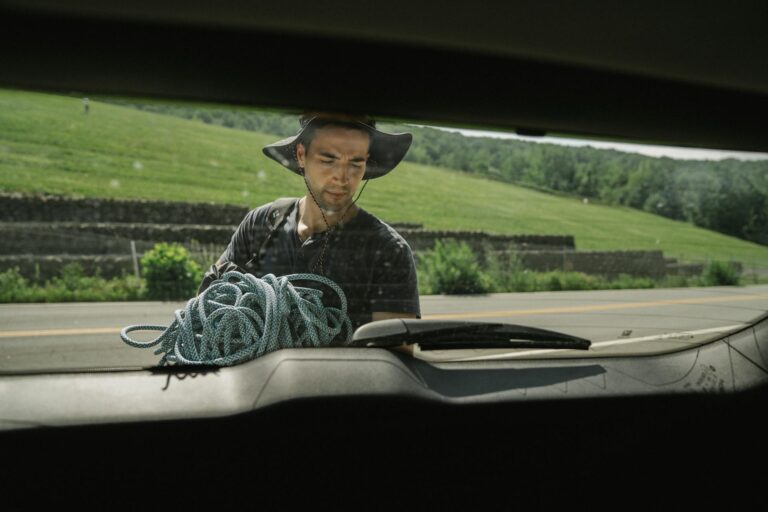Preparing for emergencies doesn’t have to drain your wallet. By adopting simple, cost-free habits, you can significantly enhance your readiness for unexpected situations. These practices not only bolster your preparedness but also promote a more organized and self-reliant lifestyle.
Here are ten prepping habits that cost nothing but offer substantial benefits:
1. Stay Physically Fit

Maintaining good physical health is essential for emergencies that demand strength and endurance. Regular exercise boosts your ability to manage stress and handle tough situations. Simple activities like walking, jogging, or body-weight exercises can improve fitness without costing anything.
2. Develop Situational Awareness

Staying aware of your surroundings allows you to spot potential threats and respond swiftly. By observing people, noting exits, and staying alert in unfamiliar places, you can make better decisions in emergencies. This heightened awareness can be a crucial safety asset.
3. Learn Basic First Aid
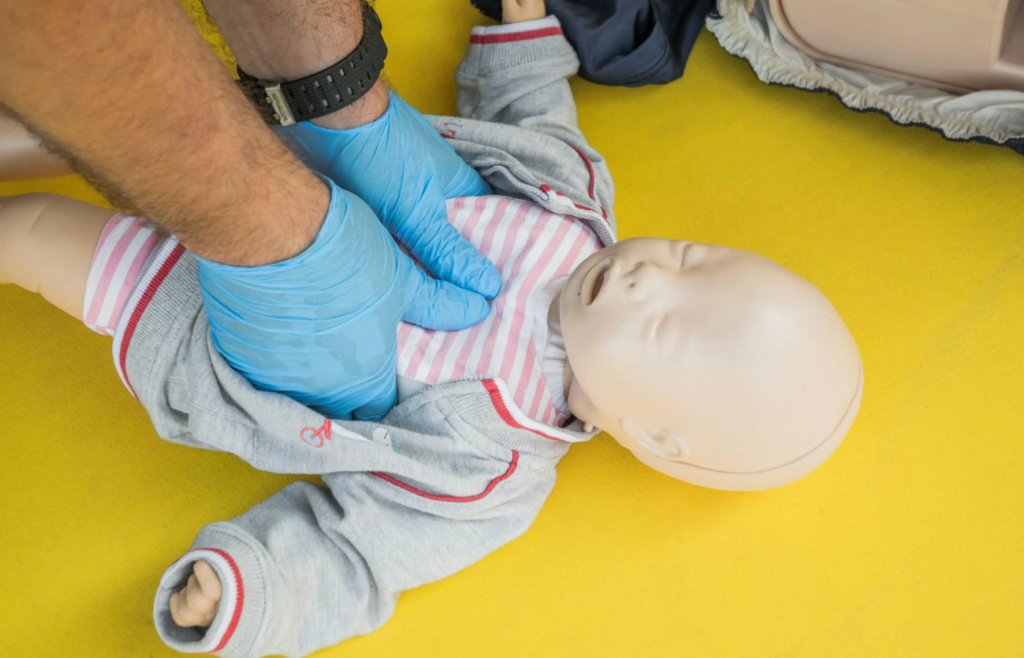
Knowing Introductory first aid can save lives and stop minor injuries from getting serious. Fortunately, numerous associations give free online coffers and training to help you learn these vital chops.
4. Practice Budgeting and Financial Preparedness
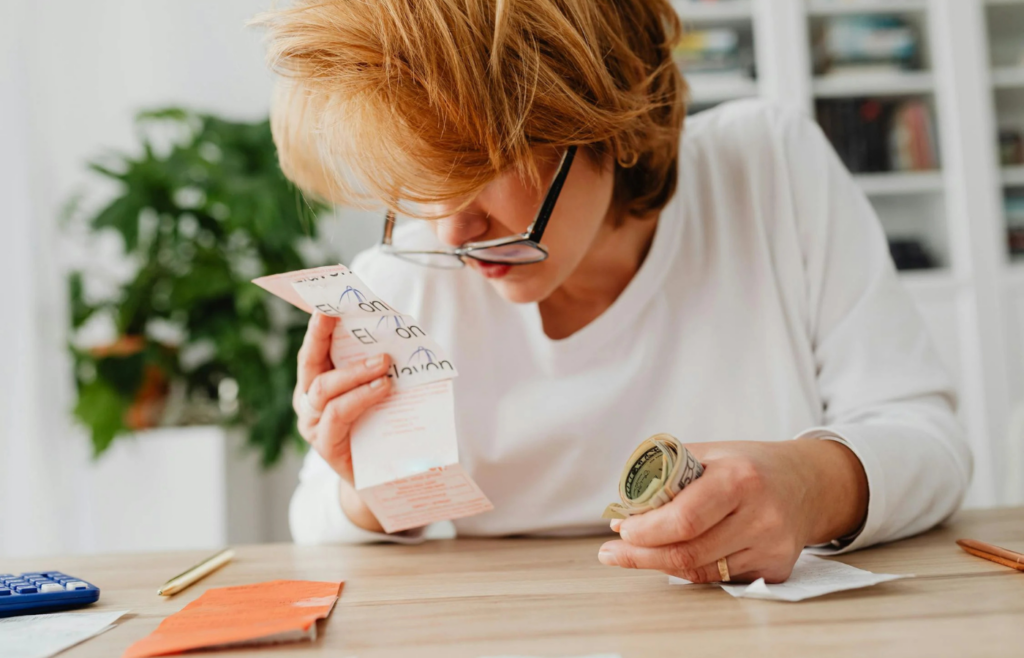
Effective financial management helps you handle unexpected expenses during emergencies. By tracking spending, prioritizing essentials, and saving regularly, you build stability and peace of mind for uncertain times.
5. Build a Network of Support

Building relationships with neighbors and local community members creates a valuable support system during emergencies. Sharing resources, information, and help strengthens community resilience and benefits everyone involved.
6. Reduce Unnecessary Expenses

Reducing non-essential spending like frequent dining out or impulse buys frees up money for more important needs. Simple habits like cooking at home and shopping mindfully can help you save and be better prepared for unexpected situations.
7. Organize Important Documents
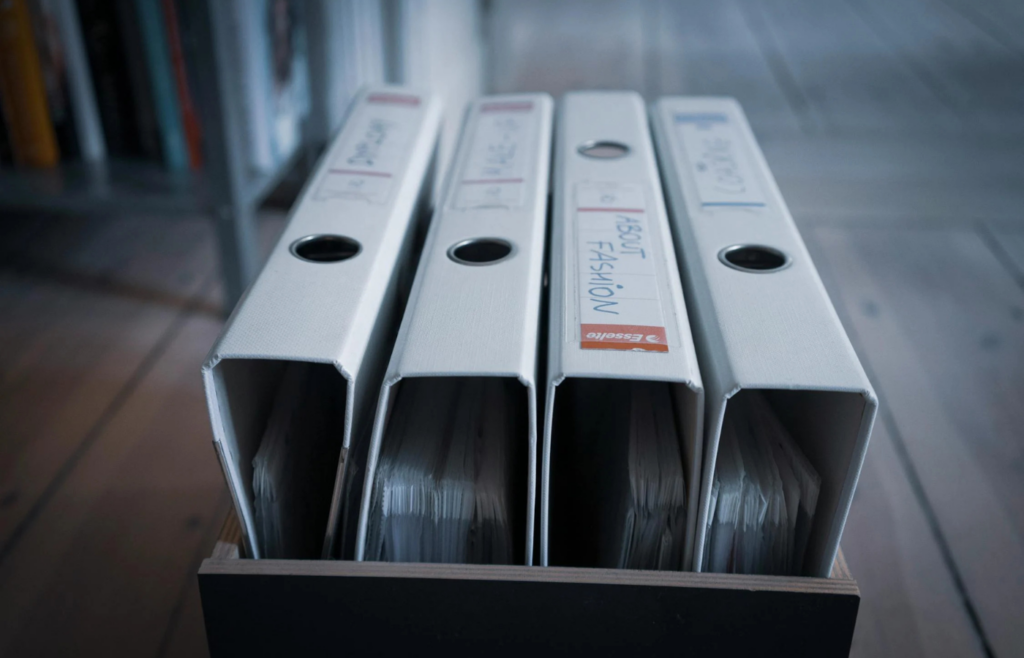
Keeping personal identification, medical records, and financial documents organized and easily accessible ensures you can respond swiftly during emergencies. Consider creating digital backups for added security.
8. Practice Water Conservation

Developing habits to conserve water, such as fixing leaks and using water efficiently, prepares you to manage resources effectively during shortages. Understanding how to purify and store water is also beneficial.
Read More: Top 10 Things to Do After a Major Storm Cuts You Off
9. Enhance Home Security
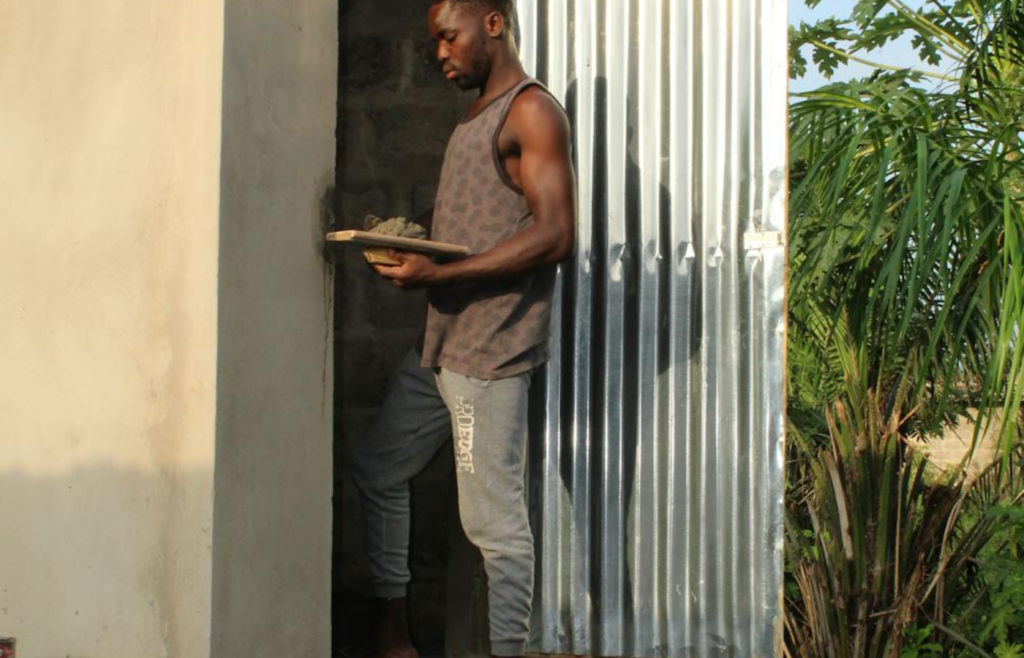
Improving your home’s security doesn’t have to be expensive. Simple actions like locking doors and windows, using timers for lights, and getting to know your neighbors can deter potential intruders and increase your safety.
Read More: Top 10 Things Preppers Practice That Most People Ignore
10. Stay Informed and Continuously Learn

Staying informed and learning new preparedness skills doesn’t have to cost anything. Free online resources, libraries, and community workshops offer valuable ways to boost your knowledge and readiness for different situations.
By integrating these habits into your daily routine, you can enhance your preparedness without any financial burden. These practices not only equip you for emergencies but also contribute to a more self-sufficient and mindful lifestyle.
Read More: Top 10 Survival Gear Items That Are Surprisingly Affordable



